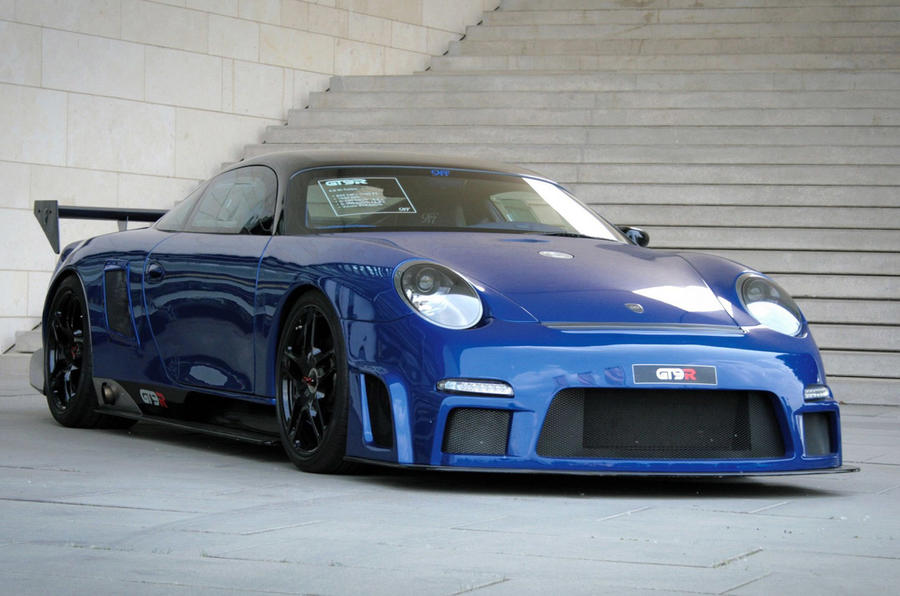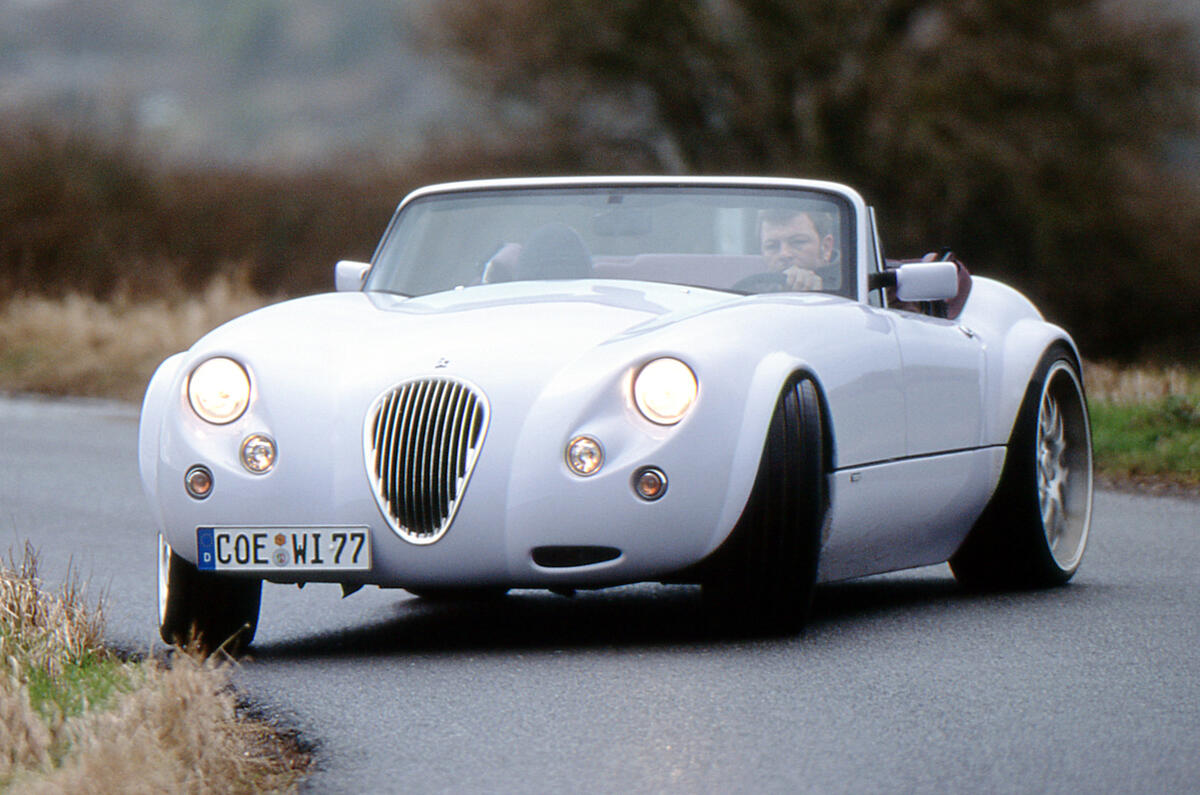Some of you – indeed, probably quite a few of you – might never have heard of German Porsche tuner 9ff, but this week it ceased trading, sadly.
Having produced a series of highly credible, astonishingly powerful, though admittedly rather expensive cars based on various Porsches – most famous of which was the 1000bhp GT9 based on the 997 Porsche 911 – they called in the administrators this week. Which effectively means game over, thank you for playing.
But 9ff is not the only German tuning company to go bump of late. A few months ago the highly regarded Wiesmann car company went to the wall, as did Gumpert a few weeks later.
Gumpert, you might recall, made the Apollo, which may not have been the most beautiful-looking creation but was, again, extremely well respected technically. It was the brainchild of Roland Gumpert, who was once the main source of genius behind Audi’s world rallying campaigns.
Why, then, are all these excellent but small German car companies and tuning houses going bust?
In Gumpert’s case, an unwise and not especially well thought out foray into the Chinese market would appear to be the main cause of the problem. And in Gumpert’s case alone, the administrators might not be done just yet, the company having regrouped and ditched the Chinese assault in order to concentrate on the European market instead. At the moment it’s a 'watch this space' kind of scenario.
But for 9ff and Wiesmann, the situation is different. Their business has simply dried up, it seems, to a point where the books have had to close. And there can only be one reason why: someone else has stolen their customers. Who? The mainstream manufacturers, I believe. The fastest production Porsches have now become so fast that the tuners can’t really offer a whole lot more, not to the point where they can justify charging three or sometimes five times more than the basic product.
Same goes for the likes of BMW’s M cars – on which most of Wiesmann’s cars were based – and Mercedes’ AMG machines and so on. The cars that are coming out of the German factories are already so powerful nowadays, and so fast, that the idea of tuning them seems kind of ridiculous to the majority of us. Hence the reason why the tuning houses are simply running out of customers.







Join the debate
Add your comment
Not surprised
Because...
Could it be because the manufacturers' inhouse tuning has surpassed them? Also because visually they have never been all that appealing?
Good Design vs. Bad Design
The aftermarket tuning segment was arguably at its peak in the mid-to-late nineties. Then it offered a performance and styling advantage over regular out-of-the-box, showroom production cars – chips, tuned exhausts, alloy wheels, bodykits, and what have you. But eventually the car manufacturers caught on and started incorporating many of the design elements into their standard production vehicles.
Alloy wheels are a perfect example: Go back to the early nineties and most cars still had steel wheels, or, in some cases, cheap-looking plastic caps. Around that time tuners started experimenting with larger alloy wheel fitments that were on average between 15 and 17 inches in diameter.
Today, it's a different story. Most OEM cars have 16-17" alloys fitted as standard, while supercars feature 19"+ wheels.